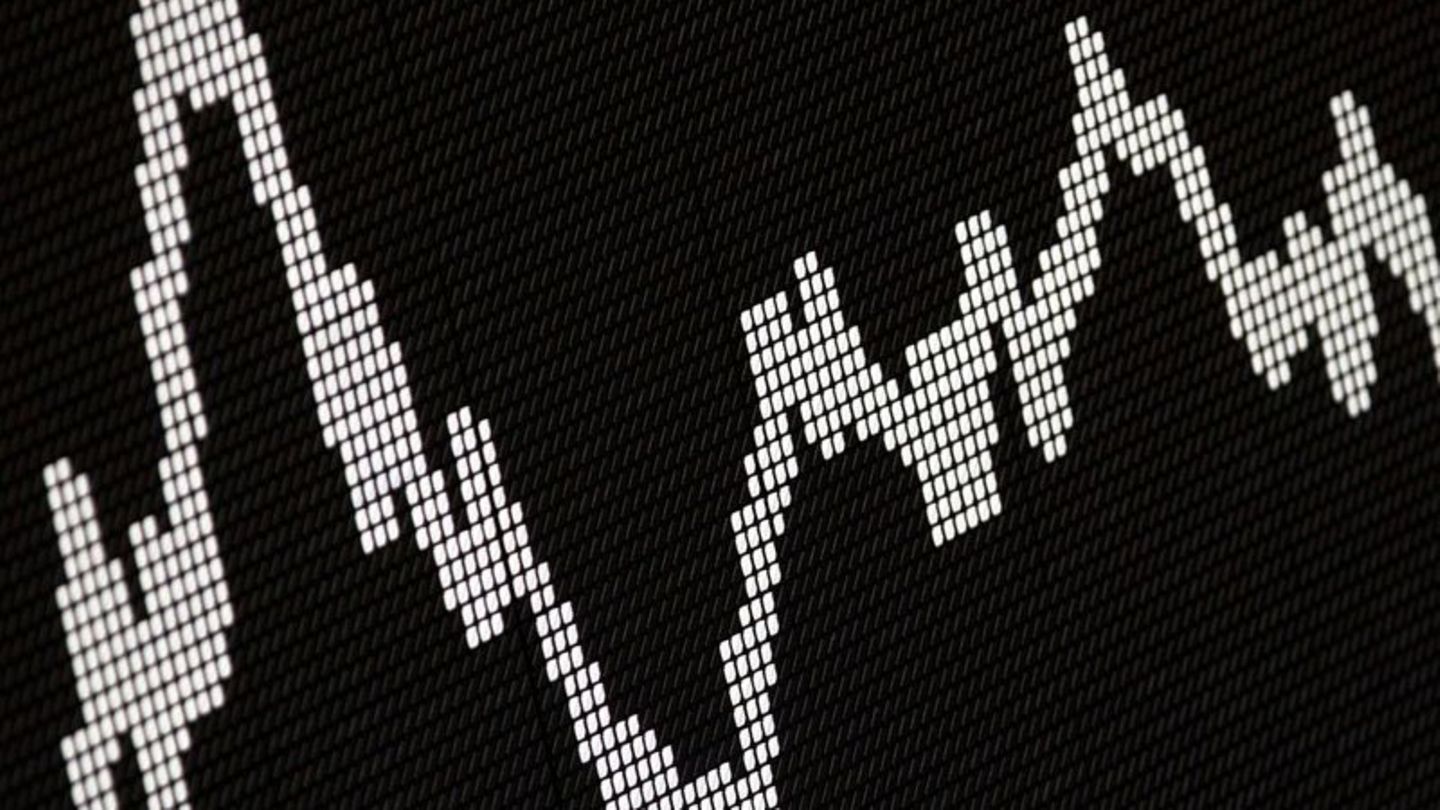DAX Steady At Frankfurt Stock Market Opening Following Record Run

Table of Contents
Factors Contributing to DAX Stability
Despite the recent record high, the DAX exhibited surprising stability at the Frankfurt Stock Exchange opening. Several factors likely contributed to this relatively flat opening:
-
Profit-Taking: After the significant surge, many investors likely engaged in profit-taking, selling off some of their holdings to secure their gains. This selling pressure could have counteracted upward momentum.
-
Cautious Optimism: While the economic outlook remains positive, a degree of cautious optimism prevails. Investors might be hesitant to commit further capital until more concrete economic data emerges, leading to a period of consolidation.
-
Global Market Influence: The performance of other major stock markets, particularly the US stock market and the impact of geopolitical events, significantly influences the DAX. Any negative news or uncertainty in these areas could impact investor sentiment. For example, concerns about rising US interest rates or ongoing geopolitical instability could lead to a more conservative approach.
-
Sectoral Performance: The DAX's performance is not monolithic; different sectors exhibit varying strengths and weaknesses. While the technology sector might show continued growth, the automotive industry, for example, might be facing headwinds, thus impacting the overall index. Analysis of these sector-specific trends is crucial for understanding the DAX's overall trajectory.
The DAX opened at [Insert DAX opening value], representing a [Insert percentage change] change compared to the previous closing value. Trading volume was [Insert trading volume data], suggesting [Interpret the trading volume data – e.g., moderate activity, unusually high or low volume].
Key DAX Performers and Laggards
The opening session saw a mixed bag of performances amongst DAX companies.
-
Top Performers: [Company A (Ticker: XXXX)] saw a significant gain of [percentage] due to [reason, e.g., positive earnings report]. [Company B (Ticker: YYYY)] also performed well, rising by [percentage] on the back of [reason, e.g., successful product launch].
-
Bottom Performers: [Company C (Ticker: ZZZZ)] experienced a decline of [percentage] following [reason, e.g., disappointing sales figures]. [Company D (Ticker: WWWW)] also underperformed, dropping by [percentage] due to [reason, e.g., concerns about future market share].
Analyst Predictions and Outlook for the DAX
Financial analysts offer varied perspectives on the DAX's future trajectory.
-
Short-Term Outlook: Many analysts predict a period of consolidation in the short term, with the DAX likely to trade within a specific range before making any significant moves. [Quote from Analyst X about short-term prospects].
-
Long-Term Outlook: The long-term outlook remains positive for the DAX, fueled by the strong fundamentals of the German economy and anticipated global growth. However, [Quote from Analyst Y regarding potential risks and long-term projections].
Upcoming economic indicators, such as [mention specific indicators, e.g., German inflation figures, Eurozone GDP growth], will play a significant role in shaping the DAX's direction.
Impact of Global Events on the DAX
The DAX's performance is intricately linked to global economic and political events.
-
US Interest Rate Decisions: Changes in US interest rates directly impact global capital flows, influencing investor sentiment towards the DAX. Higher interest rates could potentially lead to capital outflows from emerging markets, including Germany.
-
Geopolitical Uncertainty: Geopolitical tensions and global economic uncertainty always present risks to the DAX. Any escalation of conflicts or unexpected economic shocks can negatively impact investor confidence.
-
Influence of Other Major Markets: The performance of other major stock markets, like the Dow Jones and FTSE 100, often correlates with the DAX. Strong performance in these markets often translates to positive sentiment for the DAX, and vice versa.
Conclusion: DAX Remains Steady – Monitoring for Future Trends
The DAX's relatively stable opening at the Frankfurt Stock Exchange today, following its record-breaking run, reflects a complex interplay of factors, including profit-taking, cautious optimism, global market influences, and sector-specific performances. Analyst predictions point to a period of consolidation in the short term, with the long-term outlook remaining positive. However, monitoring the DAX index and its response to upcoming economic indicators and global events remains crucial for understanding its future trajectory within the German stock market. Stay updated on the DAX and its performance on the Frankfurt Stock Exchange by following our blog for daily updates and in-depth market analysis.

Featured Posts
-
 Brest Urban Trail Les Visages De La Course Benevoles Artistes Et Partenaires
May 24, 2025
Brest Urban Trail Les Visages De La Course Benevoles Artistes Et Partenaires
May 24, 2025 -
 Porsche Now Labubu
May 24, 2025
Porsche Now Labubu
May 24, 2025 -
 New Ferrari Flagship Facility Launch Bangkok Post Coverage
May 24, 2025
New Ferrari Flagship Facility Launch Bangkok Post Coverage
May 24, 2025 -
 Amundi Msci World Ii Ucits Etf Usd Hedged Dist Net Asset Value Nav Explained
May 24, 2025
Amundi Msci World Ii Ucits Etf Usd Hedged Dist Net Asset Value Nav Explained
May 24, 2025 -
 7 Billion Theme Park Universals Bold Bid To Challenge Disneys Dominance
May 24, 2025
7 Billion Theme Park Universals Bold Bid To Challenge Disneys Dominance
May 24, 2025
